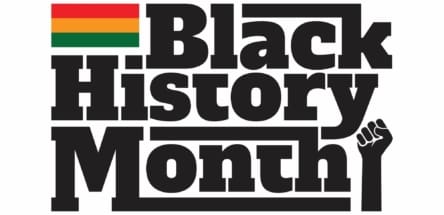 Precarious environments for business recovery and expansion
Precarious environments for business recovery and expansion
Black-owned businesses are in a precarious position in a pandemic-induced recession. They are overrepresented in the sectors that will be most negatively affected, such as leisure, hospitality, transportation, and retail (Exhibit 3).
About 40 percent of revenues for black-owned businesses are in these vulnerable sectors, compared with 25 percent of revenues for all firms. Because black-owned businesses tend to be smaller, with only a third of the revenue of nonblack businesses, a steep drop in general demand puts black-owned businesses at higher risk of bankruptcy.
Most small businesses hold less than a month of expenses, so access to liquidity is paramount.56 However, black-owned businesses face more hurdles in accessing liquidity and support services. Black- and minority-owned businesses that continue to operate during and after the recession are about 60 percent less likely than their peers to receive 100 percent of the financing they need,57 which puts them at additional risk of failure. Black employers are also less likely to seek advice from professionals, possibly reflecting the cost of accessing such services.58 Because black-owned businesses are a consistent source of employment for black workers and local investment,59 interventions to support their survival are urgent. Otherwise, unchecked business and homeownership failures could reach a threshold that sparks a vicious cycle of declining neighborhoods and business districts. Adrienne Trimble, the president of the National Minority Supplier Development Council, agrees: “While the Coronavirus Aid, Relief, and Economic Security (CARES) Act is intended to assist and support all small businesses, it is imperative that access and distribution of funding is executed equitably and fairly.”



